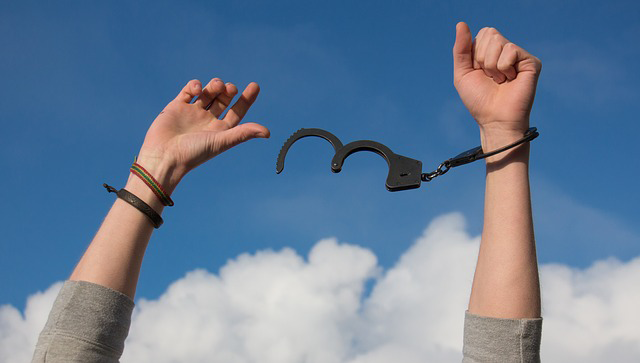Addiction is widespread in the US, but people are open to seeking help. Nearly 4 million Americans still embark on this journey every year. However, keeping that hard-won sobriety is the real test. It takes more than just resilience to negotiate the challenging post-rehabilitation route. Relapse prevention tactics are also necessary.
It is critical to empower yourself with tried-and-true techniques. It serves as a layer of protection against the plummet back into the abyss of dependency during this wild ride through recovery. These tactics are overlooked champions in the fight against relapse.
We will examine these strategies in this examination of post-recovery resilience. You will know the secrets of surviving and also thriving in the wake of addiction. You deserve your recovery to be more than a transient victory. Get ready to embark on a trip into the core of avoiding a recurrence.
Table of Contents
Surround yourself with supportive people
Being surrounded by encouraging people is similar to having a crew at your side. They will help you negotiate choppy waters during the recovery journey. These people may be close friends, relatives, or other recovery warriors with personal experience with similar difficulties.
They are the ones who cheer you on in difficult times and acknowledge all of your accomplishments, no matter how tiny. Thus, never hesitate to rely on them because they can be your saviors.
Maintain a healthy lifestyle
Think of your body as a well-meant machine. It requires the proper fuel to run at its best. It is much like any high-performance car. It includes consuming wholesome meals, drinking enough water, and obtaining adequate sleep.
Exercise is another key factor when it comes to maintaining optimal physical and mental health. You must choose an exercise that causes your heart to race and releases endorphins. It entails going to the gym, running, or doing yoga.
Identify and avoid triggers
Knowing and avoiding triggers protects you from potential relapse. It is just like wearing sunglasses in bright sunshine. Triggers might be objects, persons, or locations that bring up memories of previous alcohol or drug usage.
You can avoid circumstances that could send you down a slippery path of relapse by being aware of these triggers. It could entail altering your schedule, staying away from particular social events, or coming up with new stress-reduction strategies.
Continue therapy sessions
Maintaining treatment sessions is similar to taking regular care of your mental health. Your recovery process continues beyond when you finish a rehab program. Therapy offers a secure setting for examining underlying problems. It creates coping mechanisms and resolves obstacles to recovery.
Having a trained expert guiding you can make a big difference when it comes to individual, group, or any kind of treatment. Fortunately, you can find several reputable centers for long-term treatment. For example, there are nearly 700 rehabs in Florida, according to the latest statistics. That means residents of the state will never fall short of options.
Ensure regular check-ins
Frequent check-in is comparable to GPS guidance on your road to recovery. They support you to stay on course and make necessary course corrections.
This check-in holds you responsible and provides you with a chance to talk about any issues or challenges you might be having. You can do it through support groups, check-in conversations with your sponsor, or planned visits with your healthcare practitioner.
Engage in fulfilling activities
Taking part in meaningful activities is like painting a blank canvas with color. Recovering involves more than just quitting drugs. It also entails finding happiness and meaning in life again.
Engaging in things that bring you joy feeds your spirit and serves as a reminder of the wonders of sober living. It includes volunteering in your community, taking up a passion project, or spending time with close friends and family.
Create a plan with coping strategies
Making a strategy with coping mechanisms is similar to having a toolkit for unforeseen obstacles in life. You can think of it as your emergency kit for medical supplies. Determine probable triggers and create efficient coping mechanisms for them.
It might be journaling, mindfulness, or connecting with your support system. Having a strategy in place gives you the ability to confront challenges head-on and come out stronger on the other side.
Conclusion
These crucial tactics will help you to keep your sobriety safe and avoid relapse. Rehab is a journey, not an endpoint. So, keep that in mind as you travel with these tools by your side. Addiction rehabilitation calls for more than just sheer resolve to navigate. It also calls for a calculated approach and a resolute commitment to self-care.


 Home
Home










